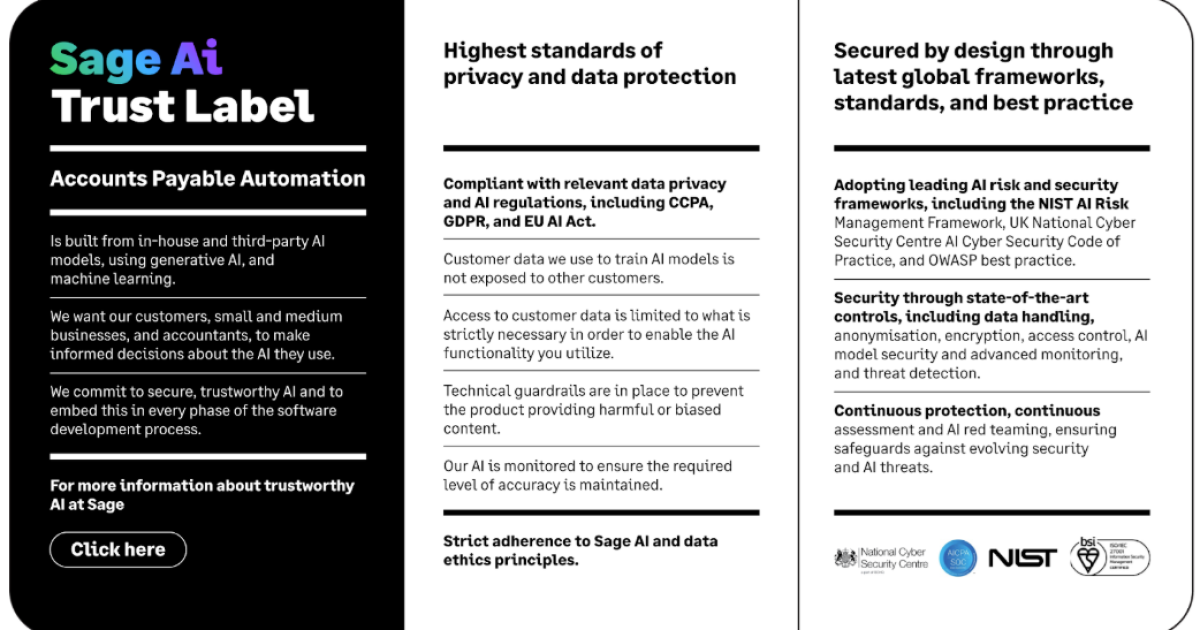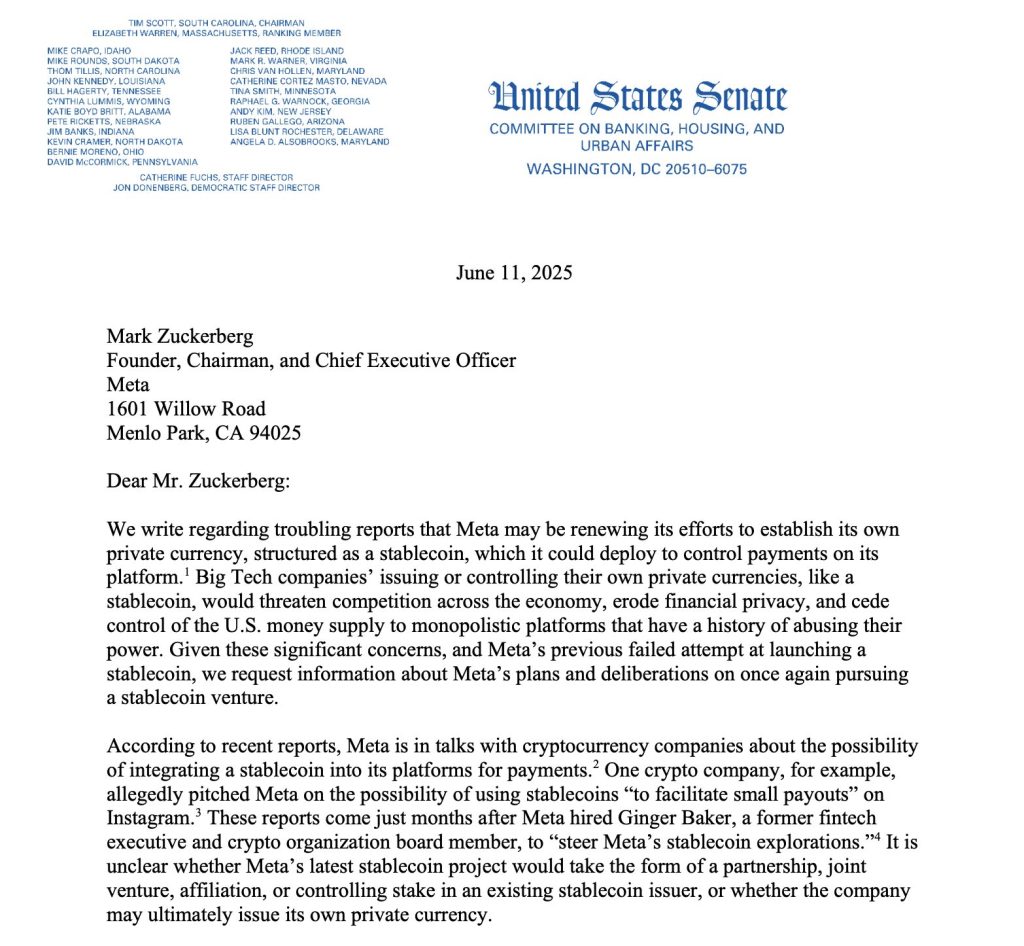Despite the HR focus on and growth of diversity, equity and inclusion initiatives over the past few years, skepticism of these programs has become more prominent recently. The DEI backlash is real, and it is an important conversation to address, especially as we enter a skills-based economy.
While some critics would discard DEI altogether, research suggests that skills-based approaches inside organizations can drive greater equity and inclusion. So, that begs the question: Why is it challenging to implement a skills-based approach in a skills-based economy? Is it a lack of intent, or perhaps a lack of understanding of where to begin?
For decades, organizational leaders have experimented with various approaches to building more inclusive workplaces: DEI training, removing bias from talent processes and investing in employee resource groups. While many of these strategies have helped, improving organizational DEI remains an intractable challenge for many. The complexity of the issues around DEI means business leaders need a way to measure success.
Enter the skills-based organization. This is the idea that an organization can use skills as the basis for all talent processes to develop an agile workforce. Skills-based approaches inside organizations have the potential to drive greater equity and inclusion, especially for historically unrecognized and marginalized populations who have not had access to traditional education opportunities. Skills-based approaches have also been held up as a solution to the massive talent gap. Korn Ferry estimates that by 2030, more than 85 million jobs could be unfilled because of a lack of skilled workers.
The concept of a skills-based organization is catching on in more workplaces. At Udemy, we recently explored the promise of this idea with over 850 workforce professionals, from executives to frontline managers to those currently looking for jobs.
Our research, conducted and analyzed by Udemy Head of Market Research Kris Tyler, suggests that while there’s valuable momentum and excitement around skills-based approaches, the enthusiasm isn’t universal, and it breaks down along intersectional lines.
First, the good news. The vast majority of survey respondents are bullish about the potential impact that skills-based practices could have on organizations, with 77% agreeing that they will enhance opportunities for advancement based on merit. When it comes to other DEI indicators, they are similarly optimistic. Sixty-seven percent think it will significantly improve fairness in the workplace, 66% agree that it will foster a more diverse and inclusive work environment, and 60% believe it will diversify representation in leadership.
Additionally, though many are still early in this transition, some are already starting to see positive outcomes from adopting skills-based approaches. Thirty-nine percent agree that the shift is encouraging continuous learning and skills development, 30% have seen increased company productivity overall, 29% observed increased job satisfaction and employee engagement, and 26% find it is driving creativity and innovation.
Now, for areas of improvement. While many respondents reported positive perceptions and outcomes of skills-based approaches, they were aware of potential drawbacks. The majority agreed that skills-based practices could also result in increased competition and potential job insecurity (55%) and create barriers for individuals lacking access to skill development resources (56%).
Perceptions of these drawbacks diverge by identity groups. Compared to women, male respondents were more likely to agree that skills-based approaches would lead to overlooking valuable non-technical skills and experiences (51% vs. 45%), foster an unhealthy or biased work culture (32% vs. 25%), and disrupt team dynamics and collaboration by prioritizing individual skill sets (44% vs. 35%).
We also looked at identity from an intersectional lens and found even more complexity. Like men, respondents who identified as being part of a historically marginalized or unrecognized racial or ethnic group were less optimistic about the promise of skills-based organizations. They were less likely to agree that skills-based approaches would lead to positive outcomes like increasing company productivity (82% vs. 70%), and more likely to express concerns about other potential negative outcomes, such as skills-based approaches fostering an unhealthy or biased work culture (39% vs. 21%). This wariness may be due to personal experiences with these approaches, or trepidation about any new solution that promises to address what have long been intractable equity problems.
Putting skills-based approaches into action
The data highlights the degree of complexity that managers must consider. Three clear lessons are provided for any leader who wants to drive a skills-based transformation inside their organization.
1. Be transparent
Communicate with your people about what these changes might mean, and proactively ask them about concerns they have with this approach or the risks they see. Then, take steps to mitigate those risks—continuing to communicate along the way.
2. Set milestones
Start measuring potential outcomes now—and regularly track them. If your workforce is concerned about unintended consequences of skills-based approaches—such as driving workplace biases or undesired changes in workload—you can address them both through the communication and mitigation techniques suggested above, and by tracking them. That way, you can keep your finger on the pulse of emerging challenges.
3. Share impact
Though awareness of skills-based approaches is growing, we still found that nearly one-fifth of respondents were completely unfamiliar with the idea of a skills-based organization. As you start to see positive outcomes from your efforts, find ways to share those across the organization, helping people better understand the possibilities for what this could look like in their lives.
Organizations have an opportunity to navigate the DEI backlash and work with their employees to help them successfully adapt to today’s skills-based economy. DEI has an exciting future ahead, a time when opportunities aren’t blocked by yesterday’s experiences.
Credit: Source link










